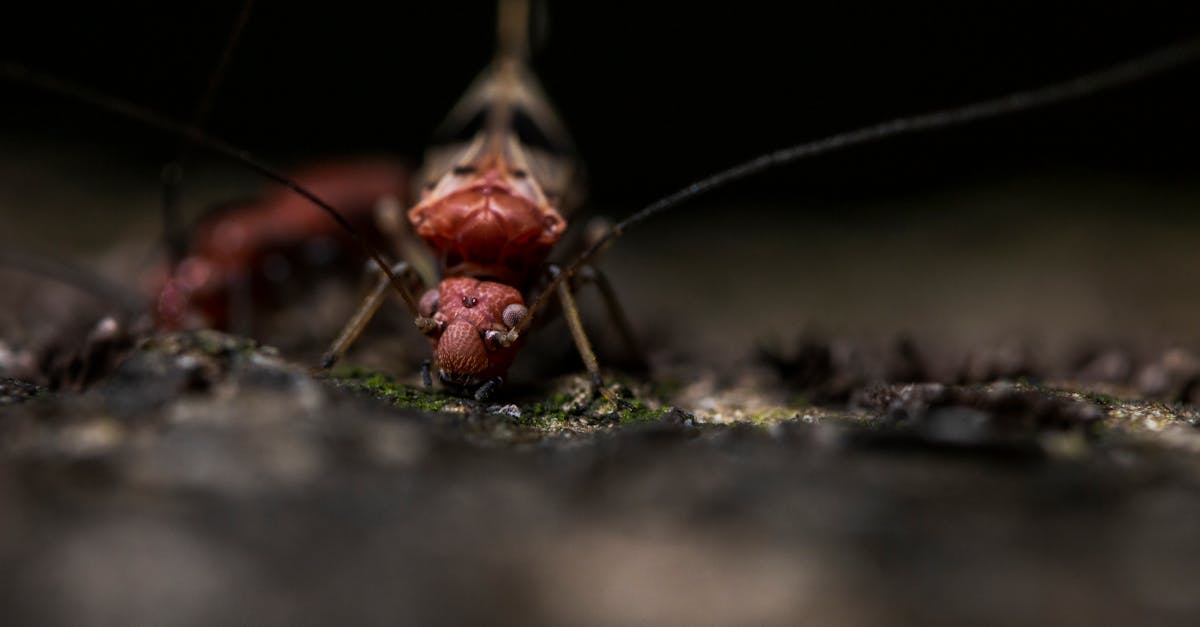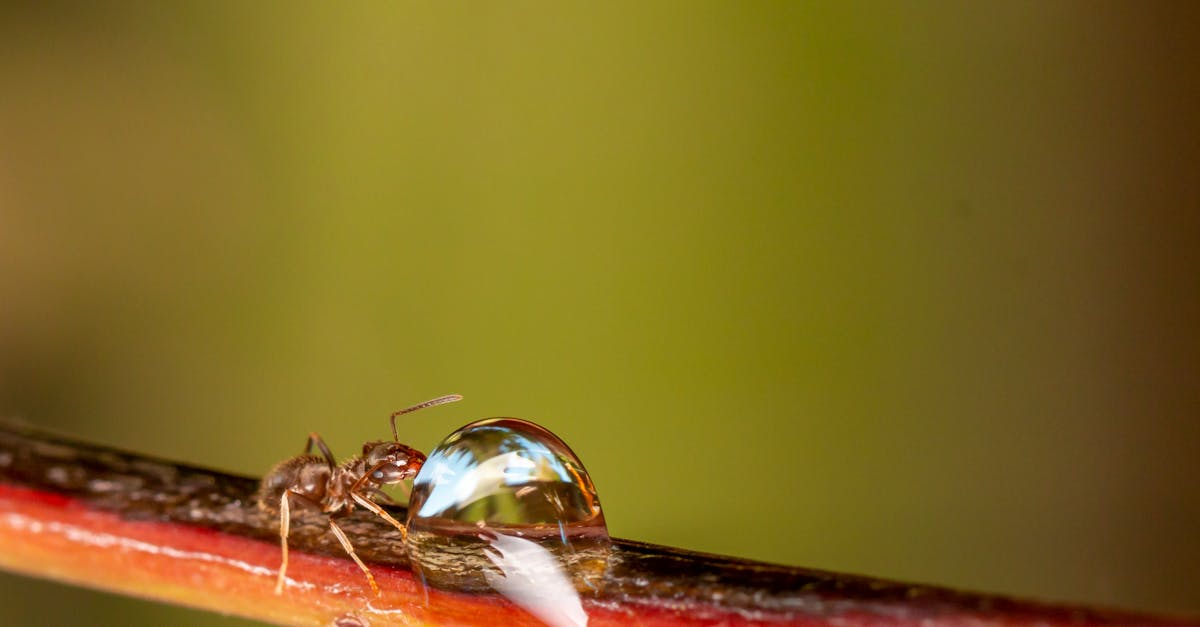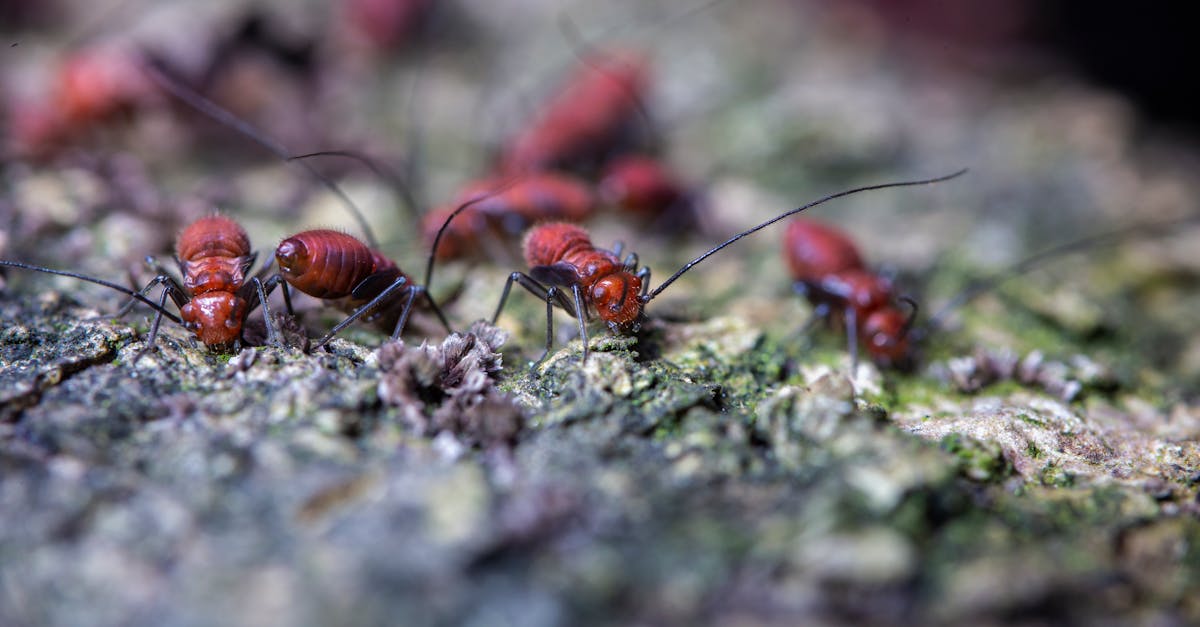Discovering the Charm of Ant Keeping
As someone who has always been fascinated by the natural world, I’ve often thought about the different ways we can bring a bit of nature into our homes. Now that I think about it, traditional pets like cats and dogs are wonderful, but they can also be quite demanding in terms of time, space, and money. That’s when I realized: why not explore something a bit more unconventional? Enter the world of ant keeping – a hobby that is as intriguing as it is affordable.
You might have experienced this: seeing ants marching in a perfect line, each carrying a tiny bit of food back to their colony. It’s interesting how these tiny creatures work together with such efficiency and purpose. From my point of view, keeping ants as pets can offer a unique window into their fascinating world. Picture this: a bustling ant farm, with tunnels and chambers teeming with activity, all within the confines of a glass or plastic enclosure on your desk.
Let me tell you, ant keeping is not just about watching ants scurry around. It’s about understanding their behaviour, their social structure, and their incredible ability to work as a team. The reality is, keeping ants can be a deeply rewarding experience, and it’s safe to say that once you start, you’ll be hooked.
Why Ants Make Great Pets
Low Maintenance, High Reward
Imagine if you could have a pet that doesn’t need daily walks, expensive food, or constant attention. Ants are exactly that kind of pet. They are incredibly low maintenance, requiring only a small amount of food and water, and their habitat can be easily cleaned and maintained. Speaking from experience, I can tell you that once you’ve set up your ant farm, the day-to-day care is minimal.
Affordable and Accessible
You’d be surprised at how affordable ant keeping can be. Unlike other pets that might require a significant initial investment, setting up an ant farm is relatively inexpensive. All you need is a suitable enclosure, some substrate, and a colony of ants. Studies show that the cost of maintaining an ant farm is also very low, making it an ideal hobby for those on a budget.
Educational and Fascinating
There’s something to be said for a pet that can also be a learning tool. Ant keeping can teach you and your family about biology, ecology, and the importance of teamwork. It’s interesting how ants communicate and work together, and observing their behaviour can be both educational and entertaining. If you’ve ever wondered why ants follow each other in a line or how they build their intricate nests, an ant farm can provide you with the answers.
Getting Started with Ant Keeping
Choosing the Right Species
The first step in starting your ant keeping journey is choosing the right species. Some ants are more suitable for beginners than others. For instance, the Lasius niger (black garden ant) is a popular choice due to its hardiness and ease of care. On the other hand, species like the Messor barbarus (harvester ant) can be more challenging but offer unique behaviours to observe.
Setting Up Your Ant Farm
Once you’ve chosen your species, the next step is setting up their habitat. You’ll need an enclosure, which can be a traditional glass or plastic ant farm or a more elaborate formicarium. The enclosure should have a secure lid to prevent escapes and be filled with a suitable substrate, such as sand or soil.
Here’s a quick checklist to get you started:
- Enclosure: Glass or plastic ant farm, or formicarium
- Substrate: Sand, soil, or a mixture
- Food and Water: Sugar water, honey, and protein sources like insects or egg yolk
- Tools: Tweezers, pipettes, and a magnifying glass for close observation
Introducing Your Ant Colony
After setting up the habitat, it’s time to introduce your ant colony. You can either catch a queen ant during the nuptial flight season or purchase a colony from a reputable supplier. It’s important to provide the ants with a dark, quiet environment initially to help them settle in.
The Daily Joys of Ant Keeping
Observing Ant Behaviour
One of the most rewarding aspects of ant keeping is observing their behaviour. Ants are incredibly industrious and watching them build their nest, forage for food, and care for their young can be mesmerizing. I can’t help but think about how much we can learn from their teamwork and efficiency.
Feeding Time
Feeding your ants can be a fun and interactive part of the hobby. Ants have diverse diets, and you can experiment with different foods to see what they prefer. It’s fascinating to watch them communicate with each other about food sources and work together to transport food back to the nest.
Maintenance and Care
Maintaining an ant farm is relatively simple. You’ll need to ensure they have a constant supply of food and water, and occasionally clean their enclosure. The thing is, ants are very clean creatures and will often create a designated waste area in their nest, making your job even easier.
The Unexpected Benefits of Ant Keeping
Stress Relief
This might sound strange, but watching ants can be incredibly soothing. There’s something calming about their constant, purposeful movement that can help reduce stress and anxiety. Studies show that observing nature can have a positive impact on mental health, and ant keeping is no exception.
Building Patience and Responsibility
Ant keeping can also teach valuable life skills, such as patience and responsibility. Ants work at their own pace, and it can take time for a colony to grow and thrive. This process requires patience and a gentle touch, qualities that are beneficial in many areas of life.
Connecting with Nature
In today’s fast-paced, technology-driven world, it’s easy to feel disconnected from nature. Ant keeping offers a simple way to reconnect with the natural world and gain a deeper appreciation for the small creatures that often go unnoticed.
Common Challenges and How to Overcome Them
Escapes
One common challenge in ant keeping is preventing escapes. Ants are natural escape artists, and even the smallest gap can be an opportunity for them to explore. To put it simply, ensuring your enclosure is secure and using barriers like petroleum jelly or fluon can help keep them contained.
Colony Health
Maintaining the health of your ant colony is crucial. This includes providing a balanced diet, clean water, and a suitable environment. If you notice any signs of illness or stress in your ants, it’s important to address the issue promptly. This might involve adjusting their diet, cleaning their enclosure, or seeking advice from more experienced ant keepers.
Seasonal Changes
Ants are sensitive to changes in temperature and humidity. During the colder months, you might need to provide additional heat to keep your ants comfortable. On the other hand, in hot weather, ensuring adequate ventilation and hydration is key.
Embracing the Ant Keeping Community
Joining Online Forums and Groups
One of the best ways to enhance your ant keeping experience is by joining online forums and groups. These communities are filled with experienced ant keepers who can offer advice, share their experiences, and provide support. It’s clear that connecting with others who share your passion can make the hobby even more enjoyable.
Attending Ant Keeping Events
Believe it or not, there are events and conventions dedicated to ant keeping. These gatherings offer a chance to meet fellow enthusiasts, learn from experts, and even purchase new species and supplies. If you’ve ever wanted to dive deeper into the world of ant keeping, attending one of these events can be a great opportunity.
My Personal Ant Keeping Journey
The Beginning
I was just thinking about how my journey into ant keeping began. It all started with a simple fascination with ants in my garden. I spent hours watching them, marveling at their intricate behaviours. That’s when I realized I wanted to bring a piece of that world into my home.
The First Colony
My first colony was a group of Lasius niger ants. I remember the excitement of setting up their enclosure and introducing them to their new home. Something surprising happened: I found myself spending more and more time observing them, captivated by their every move.
Growing Passion
As my colony grew, so did my passion for ant keeping. I began experimenting with different species, each offering new behaviours and challenges. From the industrious Camponotus to the fascinating leaf-cutting Atta, each species brought something unique to my ant keeping experience.
Sharing the Joy
Over time, I started sharing my ant keeping journey with friends and family. It’s safe to say that many were initially sceptical, but once they saw the ants in action, they were just as fascinated as I was. There’s something to be said for the joy of sharing a unique hobby with others.
Final Thoughts on Ant Keeping
A Unique and Rewarding Hobby
To put it simply, ant keeping is a unique and rewarding hobby that offers a window into the fascinating world of these tiny creatures. Whether you’re looking for a low-maintenance pet, an educational tool, or a way to reconnect with nature, ants can provide all of that and more.
Taking the First Step
If you’ve ever considered keeping ants as pets, now is the perfect time to start. With a little research and preparation, you can set up your own ant farm and begin your journey into the world of ant keeping. From my point of view, it’s a decision you won’t regret.
Embracing the Unconventional
In a world where traditional pets dominate, there’s something refreshing about embracing the unconventional. Ant keeping might not be for everyone, but for those who take the plunge, it offers a unique and deeply satisfying experience. So, why not give it a try? You might just discover a new passion and a deeper appreciation for the incredible world of ants.
I’ve been meaning to share my experience with ant keeping for a while now, and I hope this blog post has inspired you to explore this fascinating hobby. If you have any questions or want to learn more, feel free to reach out or join one of the many online ant keeping communities. Happy ant keeping! 🐜










